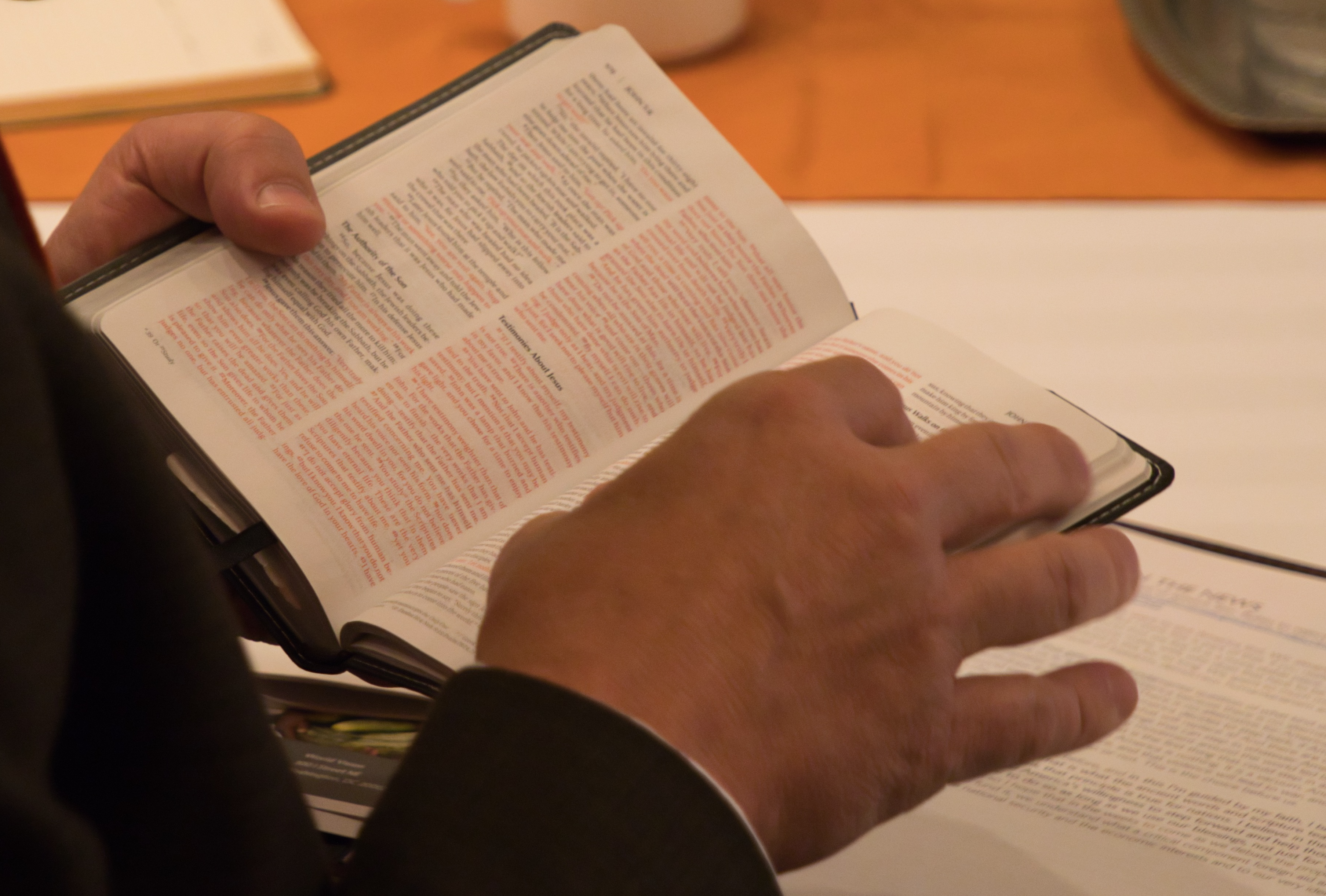We are excited to introduce you to Samantha Tarrant, the newest member of our World Vision Advocacy team. She shares her first impressions of advocating differently – advocating with her faith.
Anxious. Excited. Curious.
All of these feelings were surging through me as I walked into World Vision’s Pastor and Influencer Advocacy Summit. It would be another two weeks before I officially started my new job as the Senior Writer and Communications Officer for World Vision Advocacy, but I’d been invited to the Summit to meet my future coworkers and to learn more about what Christian advocacy was all about.
I had previously worked for a secular advocacy organization that focuses on poverty and preventable disease in sub-Saharan Africa, so the concept of talking to my elected officials about foreign assistance or using my voice on behalf of people living in extreme poverty wasn’t new. But the idea of bringing my faith into it? Of actually praying with my senator or representative? Talk about a whole new ballgame.
So when Reverend Alexia Salvatierra, a Lutheran pastor who literally wrote the book on Christian advocacy – she co-authored Faith-Rooted Organizing: Mobilizing the Church in Service to the World – took to the stage, I was ready to listen with an open heart and open mind. And what I heard really changed the way I looked at advocacy and the Christians who take on that mantle.
Compassion happens when we see as Jesus sees
Rev. Salvatierra began by reminding the crowd that, as Christians, we are required to love others, to look after others, to serve others. But in our world, a lot of people need service, protection, and love. When we’re able to feed one hungry person, that’s loving them well. But when millions are hungry, loving them effectively is advocating for development and aid.
In secular advocacy, we call on our government to pay attention to what’s important to us. But in Biblical advocacy, we call on our government to do what God has called them to do. We’re asking politicians to be true servants. And since 90 percent of our politicians define themselves as Christians of some kind, this brand of advocacy can be incredibly powerful.

The tools we have as disciples
As followers of Christ, we have unique tools and gifts at our disposal when we go to advocate on behalf of others. As Rev. Salvatierra says, we have the ability to be as wise as serpents and innocent as doves. Using that serpent wisdom looks like entering our senator’s office or writing our representative a letter with the following things in mind: the politician’s self-interest, their constituency, and the logical argument for our cause. Most advocates think about these things when preparing to take an issue to their elected officials.
But as Christians, we have something else up our sleeves. When we use our spiritual power, we can see our legislators as human beings, not targets. We can offer prayer and pastoral support to our politicians, and thus soften the expected adversarial relationship between advocate and politician. We can use stories to expose truth and combat lies: Just think of 2 Samuel 12, when Nathan effectively uses storytelling to provoke the best part of David to speak to the worst part.
More than anything else, when you partner with the Holy Spirit when you advocate, you can expect great things. You can expect God to move.
Fighting the bad news with the Good News
Rev. Salvatierra mentioned that, now more than ever, many people can’t focus on bad news for too long – that can make people hesitant to act, to raise their voice, to fight injustice. But we know that with the Good News on our side, our actions are more powerful. If, like me, you’re new to faith-based advocacy, I hope you have a better understanding of the power you can have when God inspires you to use your voice on behalf of those living in poverty, hunger, or conflict. And I hope you’ll join World Vision Advocacy to help impact policy and build a better world for children everywhere.
Photos: © 2018 World Vision/ photo by Genesis Photography


